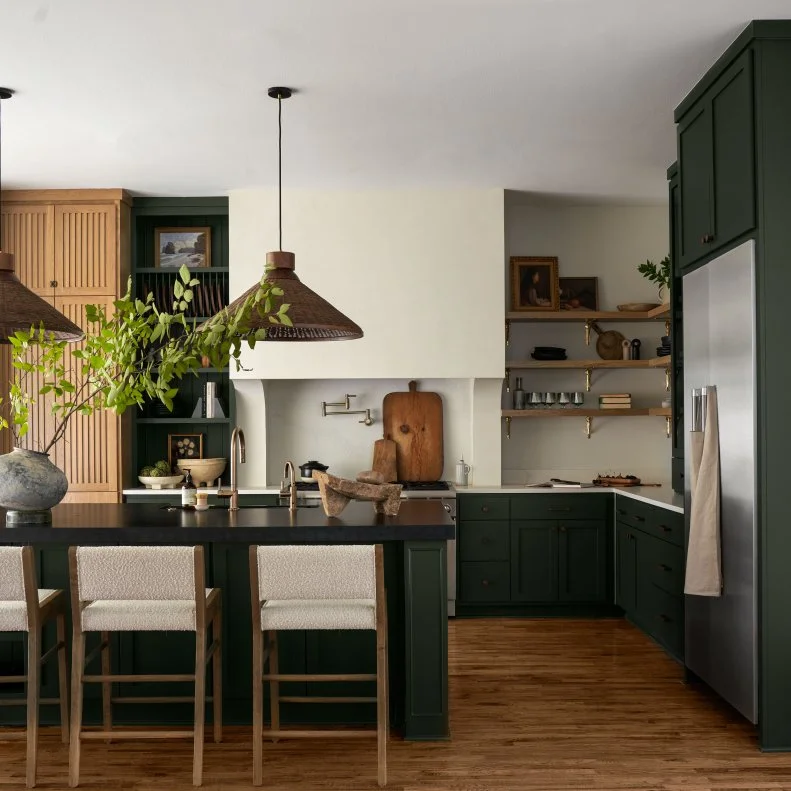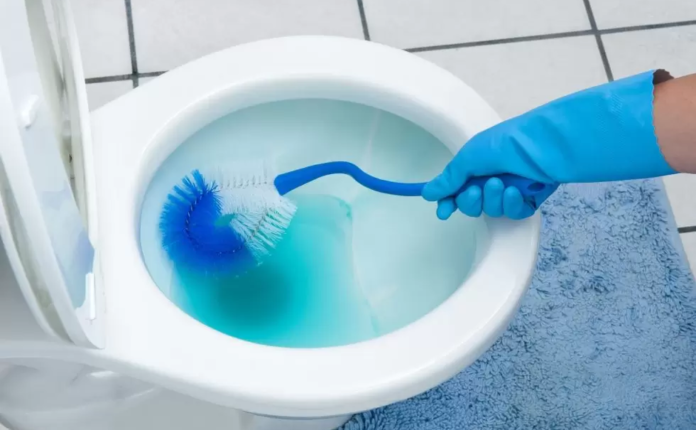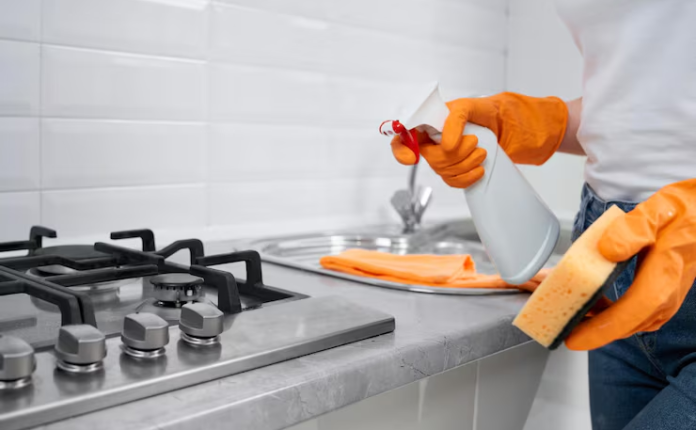A kitchen upgrade can cost anywhere from $10,000 for a basic refresh to over $65,000 for a luxury renovation. A mid-range, smart update might cost $15,000 to $30,000, while a full remodel typically falls in the $30,000 to $65,000 range. The final cost depends on the scope of the project, including labor, cabinets, countertops, appliances, and material quality, so it’s crucial to define your project scope and get an estimate from local professionals.

Cost breakdown by project type
- Basic Refresh: $10,000–$22,000
- Includes painting, new hardware, and countertop updates.
- Smart Update: $15,000–$30,000
- May involve cabinet refacing, new countertops, and some new appliances.
- Full Remodel: $30,000–$65,000
- Involves brand-new cabinets, upgraded appliances, but typically keeps the same layout.
- Luxury Renovation: $65,000+
- Includes high-end finishes, custom cabinetry, layout changes, and premium materials.
Factors that influence cost
- Scope: The extent of the work is the biggest factor. A cosmetic update is significantly cheaper than a full gut and remodel.
- Cabinets: This is often the largest expense. Refacing existing cabinets is cheaper than installing new ones.
- Countertops: Prices vary widely based on material (e.g., laminate vs. granite vs. quartz) and size.
- Appliances: Upgrading to higher-end models will increase the budget.
- Labor: Costs vary by location and the complexity of the job.
- Other costs: Don’t forget to budget for plumbing, electrical, lighting, flooring, and design fees.
- Contingency: It’s wise to add a 15% contingency to your budget to cover unforeseen issues, mistakes, or price fluctuations.
How to estimate your costs
- Define your project scope: Decide if you are doing a simple refresh, a mid-range update, or a full renovation.
- Prioritize needs: Decide which elements are most important to you, such as high-quality cabinets, a new appliance suite, or a specific countertop material.
- Get multiple quotes: Contact local contractors and designers to get estimates based on your project scope and local material and labor costs.
- Build in a buffer: Allocate 10-15% for unexpected expenses.


